NIH
-
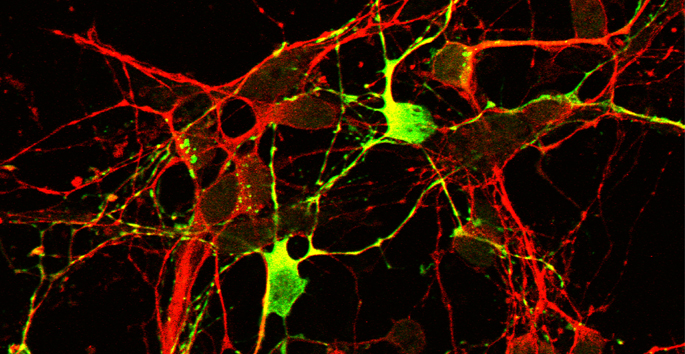
Neural receptor for reovirus
A newly identified receptor allows mammalian reovirus to infect neurons, shedding light on factors important for viral encephalitis. Read MoreJul 18, 2014
-

Regulating immune regulators
Understanding how to control the generation of regulatory T cells could have important implications for treating autoimmunity and cancer. Read MoreJul 17, 2014
-

Molecular ‘chat’ holds kidney fibrosis clues
A novel molecular “conversation” regulates kidney fibrosis – the final result of end-stage chronic kidney disease – suggesting new treatment options for this currently irreversible process. Read MoreJul 10, 2014
-

Vanderbilt selected to participate in Undiagnosed Diseases Network
Armed with a $7.2 million grant from the National Institutes of Health (NIH) Vanderbilt University Medical Center is one of six medical centers around the country selected to participate in a network to develop effective approaches for diagnosing hard-to-solve medical cases (undiagnosed diseases). Read MoreJul 1, 2014
-

Rousseau appointed to NIH study group
Vanderbilt researcher Bernard Rousseau, Ph.D., is being appointed to the Motor Function, Speech and Rehabilitation Study Section at the Center for Scientific Review, National Institutes of Health, for the term beginning July 1 and ending June 30, 2020. Read MoreJun 26, 2014
-

How ABC transporters move molecules
New views of how transporters move molecules across cell membranes are key to understanding how these proteins impact tumor cell drug resistance and inherited diseases such as cystic fibrosis. Read MoreJun 13, 2014
-
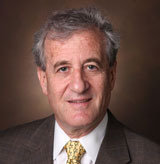
Roden named to NIH’s genomics advisory council
Dan Roden, M.D., assistant vice chancellor for Personalized Medicine, has been appointed to the National Advisory Council for Human Genome Research of the National Institutes of Health (NIH). Read MoreJun 12, 2014
-

Respiratory virus vaccine candidate
Virus-like particles containing a protein from human metapneumovirus are a promising vaccine candidate for this respiratory virus. Read MoreMay 27, 2014
-

Repair protein’s DNA recognition motif
Insights into the workings of DNA damage response proteins such as SMARCAL1 could suggest new ways to improve genome integrity and prevent cancer. Read MoreMay 23, 2014
-
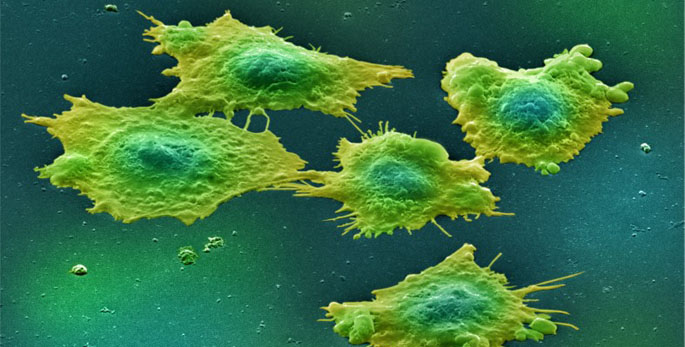
Cellular forces aid tumor invasion
The contractile machinery inside tumor cells increases invasive properties, suggesting it might be a good target to inhibit cancer cell spread. Read MoreMay 22, 2014
-

CaMKII enhances insulin secretion
The protein CaMKII acts as a calcium sensor in a positive feedback pathway that enhances glucose-stimulated insulin secretion. Read MoreMay 14, 2014
-

Normalizing calcium flux to treat atrial fibrillation
A particular anti-arrhythmia drug provides a targeted treatment for certain forms of atrial fibrillation. Read MoreMay 12, 2014
-

Bypassing DNA damage
Studies of a human polymerase that replicates DNA have provided a complete kinetic and structural framework for understanding how the enzyme accurately bypasses DNA damage. Read MoreMay 9, 2014
-
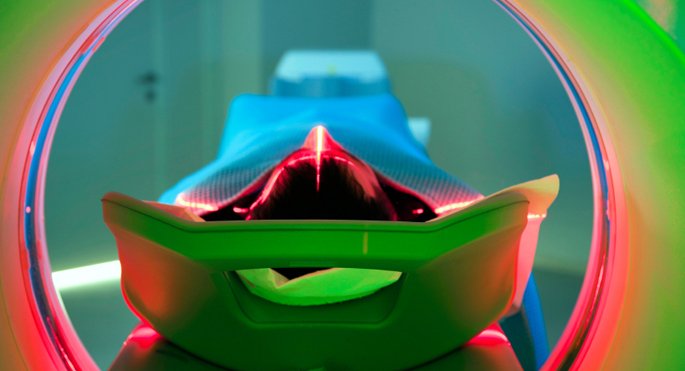
PET probe detects dying tumor cells
A novel PET imaging probe detects tumor cell death in vivo and could be useful for personalizing cancer medicine. Read MoreMay 8, 2014
-

Potential mechanism for myeloma drug’s variable toxicity
A genetic variant is associated with toxicity of the chemotherapy drug melphalan, and could guide individualized dosing for the medication. Read MoreApr 30, 2014
-
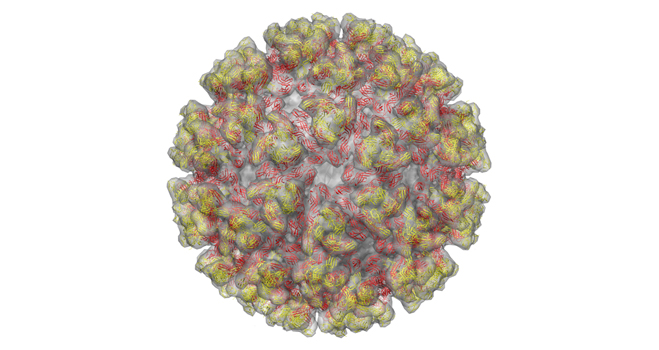
Target cell entry to halt Chikungunya virus
Understanding how chikungunya virus binds to and enters cells offers a new target for antiviral medications. Read MoreApr 28, 2014
-

Increased cell permeability may protect from colitis
Having a “leaky” gut may protect against colitis, a paradoxical finding that alters understanding of the role of cell permeability in intestinal homeostasis and immune regulation. Read MoreApr 25, 2014
-

New view of neurotransmitter transport
Dynamic measurements of the bacterial leucine transporter shed light on the transporters that play roles in neuropsychiatric and addiction disorders. Read MoreApr 24, 2014
-
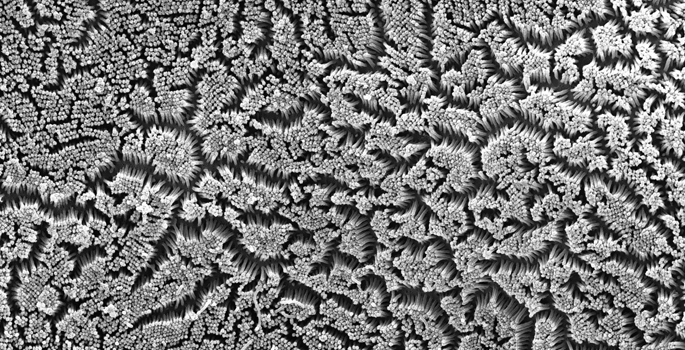
Nutrient-absorbing surface’s assembly revealed: study
Vanderbilt University researchers have discovered how intestinal cells build the "brush border" -- a specialized surface structure that is critical for absorbing nutrients and defending against pathogens. Read MoreApr 17, 2014
-

Channel drug restores glucose balance
A new compound that activates potassium channels could be used to treat disorders of glucose homeostasis. Read MoreApr 16, 2014